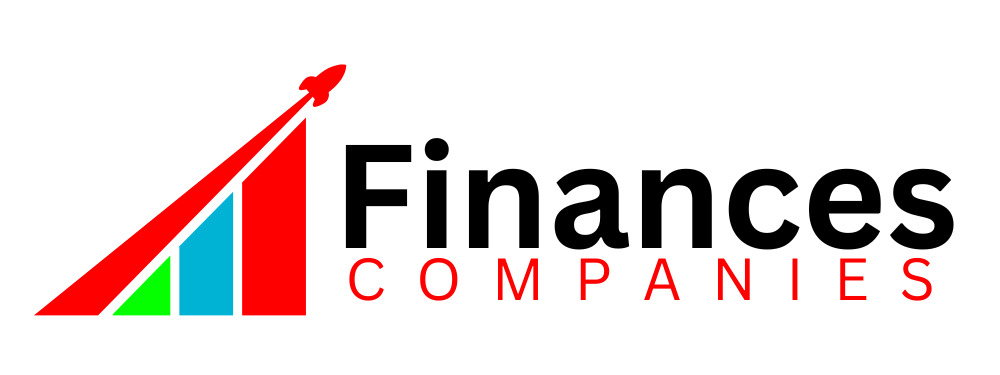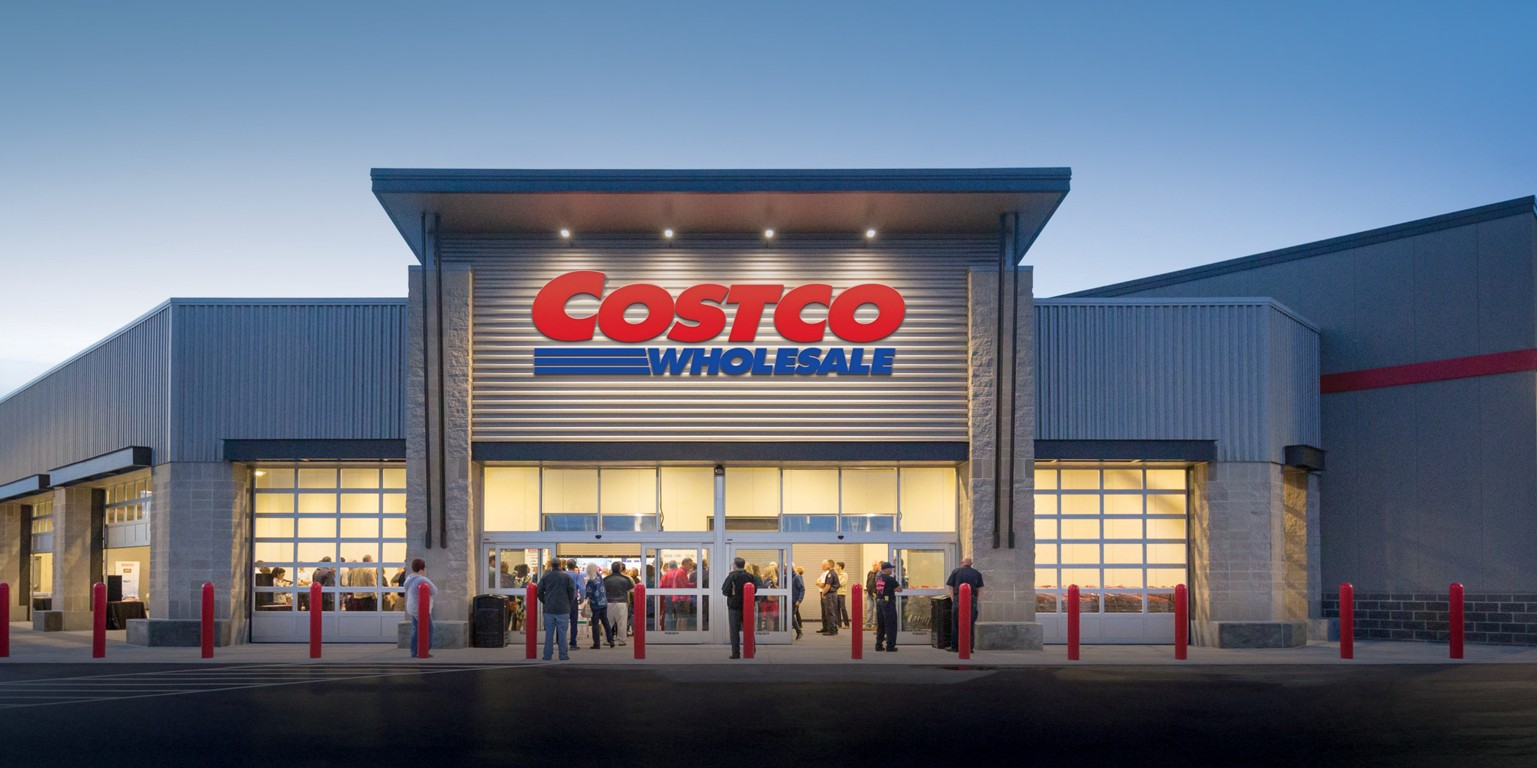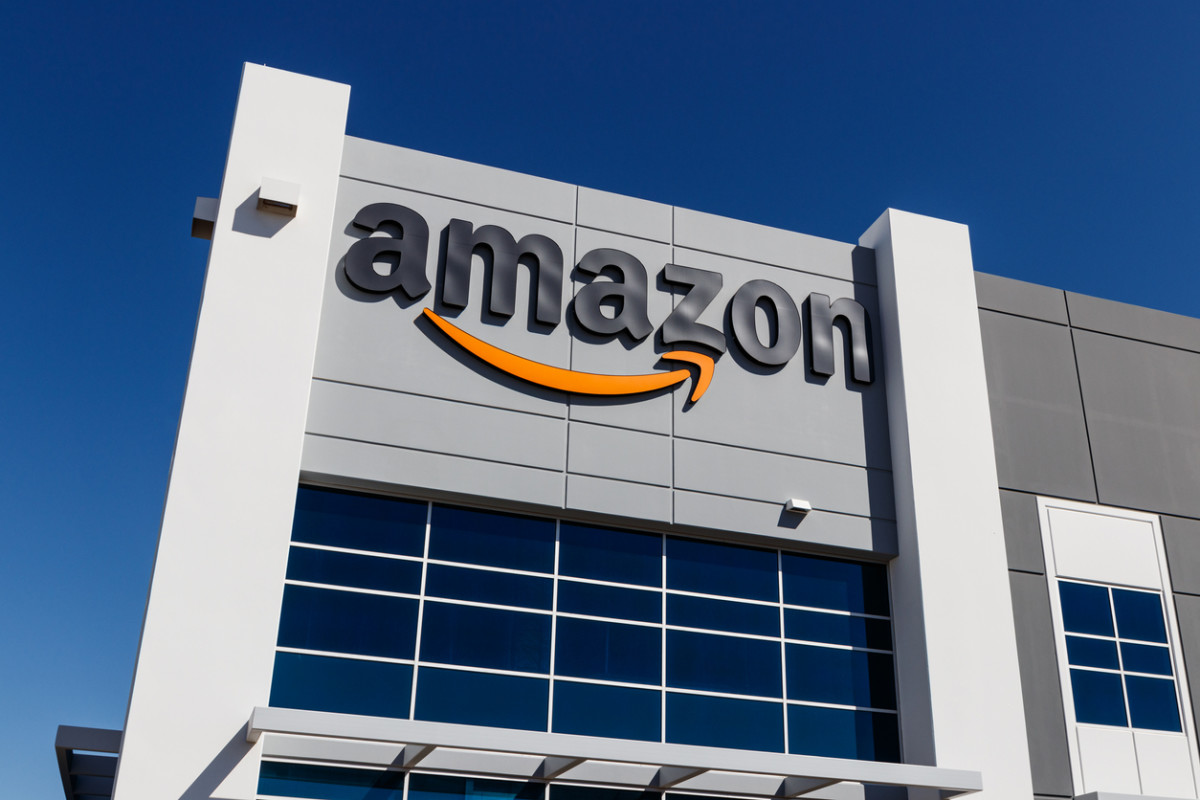In the rapidly evolving business landscape, has emerged as a driving force behind the transformation of traditional industries. Startups, with their and innovative spirit, have carved out a significant niche for themselves, challenging the status quo and redefining the way we approach business. The model, with its emphasis on agility and customer-centric , has become a hallmark of these emerging companies, enabling them to navigate the complexities of and .
At the heart of this startup revolution lies a culture of , where creativity and risk-taking are celebrated. These dynamic enterprises have become the epicenters of , leveraging cutting-edge technologies and to create products and services that cater to the evolving needs of consumers. By embracing a that fosters collaboration, access to , and a willingness to learn from failures, these companies are reshaping the business landscape, one disruptive idea at a time.
The impact of innovation on startups is multifaceted, as these companies are not only transforming their respective industries but also driving broader societal changes. From revolutionizing the financial sector to democratizing access to education, the ripple effects of their innovations are being felt across various domains. As these startups continue to push the boundaries of what’s possible, they are not only redefining success but also inspiring a new generation of entrepreneurs to follow in their footsteps.
The Startup Revolution
In recent years, the startup ecosystem has transformed the business landscape, ushering in a new era of entrepreneurship, disruptive technology, and innovative business models. Startups have emerged as vibrant centers of creativity and innovation, challenging the status quo and redefining how industries operate.
Startups as Centers of Creativity and Innovation
Startups are more than just new businesses; they are incubators of ideas and catalysts for change. Driven by a lean startup mentality, these nimble organizations thrive on disruption, constantly seeking opportunities where others see obstacles. By embracing a culture of experimentation and risk-taking, startups are able to develop cutting-edge solutions that cater to evolving consumer needs.
Challenging Traditional Business Models
The startup revolution has significantly impacted traditional industries, as young, agile companies introduce innovative products and services that disrupt established practices. From ride-sharing platforms challenging the taxi industry to streaming services reshaping the entertainment landscape, startups are at the forefront of business model innovation. By challenging the status quo and offering more personalized and efficient solutions, these startups are redefining the startup ecosystem and paving the way for a more dynamic and adaptable future.
“Startups are not just about creating new businesses; they are about revolutionizing entire industries and challenging the way things have always been done.”
The Culture of Innovation
In the dynamic world of entrepreneurship, startups have emerged as centers of creativity and innovation, challenging traditional business models and revolutionizing the market. At the heart of this transformative ecosystem lies a culture that fosters the freedom to experiment and take risks, embracing failure as a valuable learning opportunity.
Freedom to Experiment and Take Risks
Unlike established corporations, startups often enjoy a unique advantage: the freedom to explore uncharted territories and test bold ideas. This culture of innovation encourages employees to think outside the box, nurturing an environment where groundbreaking concepts can flourish. By embracing an agile methodology, startups are able to pivot swiftly in response to market changes, staying at the forefront of industry trends.
Embracing Failure as a Learning Opportunity
In the startup ecosystem, failure is not viewed as a setback, but rather as a stepping stone to success. Startups embrace the lean startup approach, which emphasizes experimentation and rapid iteration. Entrepreneurs understand that missteps are an integral part of the innovation process, providing valuable lessons that inform future decisions and strategies.
This culture of innovation, marked by the freedom to take calculated risks and the acceptance of failure as a learning opportunity, has been a driving force behind the remarkable successes of many startups. By fostering an environment that nurtures entrepreneurship, startups continue to push the boundaries of what’s possible, revolutionizing industries and shaping the future of the global economy.

“Failure is not the opposite of success; it’s part of success.” – Arianna Huffington, Founder of The Huffington Post
Technology as a Catalyst
In the dynamic startup ecosystem, disruptive technology serves as a powerful catalyst, empowering entrepreneurs to revolutionize industries and transform the market. From artificial intelligence and blockchain to the Internet of Things (IoT) and digital transformation, startups are harnessing the potential of emerging technologies to solve complex problems and create innovative solutions.
Startups have become the epicenter of technological innovation, leveraging cutting-edge advancements to streamline processes, enhance customer experiences, and drive growth. Artificial intelligence, for instance, is being leveraged by startups to automate repetitive tasks, personalize user experiences, and extract valuable insights from data. Similarly, blockchain technology is enabling startups to develop secure, transparent, and decentralized platforms, disrupting traditional industries such as finance and supply chain management.
The Internet of Things (IoT) has also emerged as a transformative force, allowing startups to develop connected devices and smart solutions that enhance efficiency, convenience, and sustainability. From smart home systems to wearable technologies, IoT-powered startups are redefining how we interact with the world around us.
In the realm of digital transformation, startups are leading the charge, developing innovative software, platforms, and applications that disrupt traditional business models. These technological advancements not only streamline operations but also empower customers with personalized experiences, driving a new era of industry dominance.
“Startups are at the forefront of technological development, harnessing the power of emerging technologies to create groundbreaking solutions that can disrupt established industries.”
By embracing the power of disruptive technology, startups are positioning themselves as the driving force behind the next wave of innovation, shaping the future of various industries and redefining the way we live, work, and interact with the world.
The Impact of Innovation on Startups
In the rapidly evolving startup landscape, innovation is the driving force behind disruptive technologies and transformative customer experiences. Startups are at the forefront of leveraging emerging technologies, such as artificial intelligence, blockchain, and the Internet of Things, to streamline their operations and cater to the evolving needs of their customers.
Leveraging Emerging Technologies
Startups are embracing the power of digital transformation to gain a competitive edge. By integrating cutting-edge technologies into their business models, these agile and innovative companies are able to automate processes, enhance decision-making, and offer personalized solutions to their customers. Artificial intelligence, for instance, is enabling startups to analyze vast amounts of data, optimize their operations, and deliver more tailored experiences to their users.
Similarly, blockchain technology is revolutionizing various industries, with startups at the forefront of this innovation. By leveraging the secure and transparent nature of blockchain, these companies are able to streamline transactions, improve supply chain traceability, and provide more secure data management solutions.
Enhancing Customer Experiences
At the heart of a startup’s success lies its ability to enhance customer experiences. Startups are using innovative technologies to gain a deeper understanding of their customers’ needs and preferences, allowing them to develop more personalized and engaging products and services. From seamless mobile applications to personalized recommendations, startups are redefining the way consumers interact with brands.
By embracing a culture of innovation and a customer-centric approach, startups are not only disrupting traditional industries but also setting new benchmarks for customer experience. As the startup ecosystem continues to evolve, the impact of these innovative companies on the market is only set to grow, shaping the future of various industries and transforming the way businesses operate.
| Emerging Technology | Impact on Startups |
|---|---|
| Artificial Intelligence | Streamlining operations, enhancing decision-making, and delivering personalized customer experiences |
| Blockchain | Revolutionizing industries by improving transaction efficiency, supply chain traceability, and data management |
| Internet of Things | Enabling real-time data analysis, remote monitoring, and the development of innovative, connected products and services |
“Startups are at the forefront of leveraging emerging technologies to revolutionize the way businesses operate and deliver value to customers.”
Disrupting Traditional Industries
The startup revolution has ushered in a new era of disruptive technology and business model innovation, challenging traditional industries and reshaping the competitive landscape. Two prime examples of this transformative impact are the disruption of the taxi industry by ride-sharing platforms and the reshaping of the entertainment landscape by streaming services.
Ride-Sharing Platforms vs. Taxi Industry
The emergence of entrepreneurship-driven ride-sharing platforms like Uber and Lyft has fundamentally disrupted the traditional taxi industry. These startups have leveraged digital transformation to offer a more convenient, on-demand, and cost-effective transportation solution, catering to the evolving needs of modern consumers. By utilizing smartphone apps, dynamic pricing, and a network of independent drivers, these platforms have outmaneuvered the rigidity and bureaucracy of the taxi industry, forcing established players to adapt or risk becoming obsolete.
Streaming Services vs. Entertainment Landscape
Similarly, the rise of streaming services, such as Netflix, Hulu, and Disney+, has transformed the entertainment industry. These innovative startups have challenged the traditional cable and satellite television models by providing personalized, on-demand access to a vast library of content. Leveraging cloud-based technologies and data-driven insights, these streaming platforms have redefined consumer expectations, offering a more immersive and tailored entertainment experience. Consequently, traditional media companies have had to reimagine their business strategies to stay relevant in the face of this disruptive technology.
The ability of startups to identify and address unmet needs, coupled with their agility and willingness to experiment, has enabled them to upend established industries. This wave of business model innovation has forced traditional players to adapt or risk being left behind, ultimately driving the entire ecosystem towards a more consumer-centric and technologically advanced future.
Democratizing Access
In the ever-evolving startup ecosystem, a growing trend is the democratization of access to products and services that were once exclusive or unaffordable. Two sectors that have witnessed remarkable disruption are fintech and edtech, where innovative startups are redefining the landscape and empowering underserved populations.
Fintech Startups and Financial Inclusion
The fintech revolution has been a game-changer in the financial services industry. Startups in this space are leveraging technology to make banking, investments, and other financial tools more accessible to individuals and small businesses that were previously overlooked or underserved by traditional institutions. By offering mobile-first platforms, digital wallets, and personalized financial management solutions, these fintech startups are democratizing access to financial inclusion, enabling greater financial literacy and economic empowerment across diverse communities.
Edtech Companies and Online Education
Similarly, the edtech sector has experienced a remarkable transformation, with startups disrupting the traditional education landscape. By providing affordable, high-quality online education opportunities, these companies are breaking down barriers and ensuring that learners, regardless of their geographic location or socioeconomic status, can access a wealth of educational resources. From interactive learning platforms to personalized tutoring services, edtech startups are democratizing access to knowledge and empowering individuals to pursue their educational aspirations.
The rise of fintech and edtech startups underscores the profound impact of digital transformation on democratizing access to crucial services. These innovative companies are not only improving the lives of individuals but also unlocking tremendous market potential by catering to underserved populations and creating more inclusive ecosystems.

“Startups are at the forefront of democratizing access, leveraging technology to make essential services more inclusive and accessible to all.”
Niche Markets and Personalization
In the dynamic startup ecosystem, a key driver of success is the ability to cater to niche markets and deliver personalized experiences. Startups have recognized that a one-size-fits-all approach no longer resonates with modern consumers. By harnessing the power of data analytics, these agile enterprises are able to tailor their offerings to the unique preferences and needs of their target audiences, fostering deep connections and cultivating a loyal customer base.
In the realm of e-commerce, for instance, startups are leading the way in leveraging data-driven insights to enhance the customer experience. Through advanced personalization algorithms, they analyze consumer behavior and preferences to provide personalized product recommendations, optimized search results, and customized content, all of which contribute to increased customer satisfaction and loyalty.
This personalized approach extends beyond just e-commerce; startups are disrupting traditional industries by developing innovative solutions that cater to the specific needs of niche markets. From fintech startups revolutionizing financial services to edtech companies transforming online education, these agile enterprises are redefining the way industries operate, catering to the unique demands of their target audiences.
“Startups excel at recognizing that one size doesn’t fit all. By understanding and responding to the unique needs of their target audiences, they create a loyal customer base that drives sustainable growth.”
By embracing a customer-centric mindset and leveraging the power of data analytics, startups are able to identify and capitalize on underserved niche markets, delivering personalized solutions that not only meet but exceed the expectations of their customers. This relentless focus on personalization is a key factor in the success and growth of these innovative enterprises, positioning them as the trailblazers of tomorrow’s market landscape.
| Feature | Benefit |
|---|---|
| Personalized product recommendations | Increased customer satisfaction and loyalty |
| Customized content and search results | Enhanced user engagement and conversion rates |
| Niche market solutions | Sustainable growth and competitive advantage |
Sustainable Innovation
Startups are not only revolutionizing industries but are also leading the charge in sustainable practices. From utilizing eco-friendly materials to developing renewable energy solutions, these innovative companies are prioritizing sustainability as a core value. This commitment appeals to environmentally conscious consumers while contributing to a greener future.
By embracing responsible innovation, startups understand that their impact goes beyond just profit. They recognize the importance of balancing business growth with environmental stewardship and social responsibility. This holistic approach sets them apart, as they strive to create products and services that not only meet market demands but also promote sustainable development.
As the startup ecosystem continues to thrive, the focus on sustainability is becoming increasingly prevalent. Entrepreneurs are exploring novel ways to minimize their carbon footprint, reduce waste, and develop renewable energy sources. This shift in mindset demonstrates the startup community’s dedication to creating a more sustainable future, one innovation at a time.












